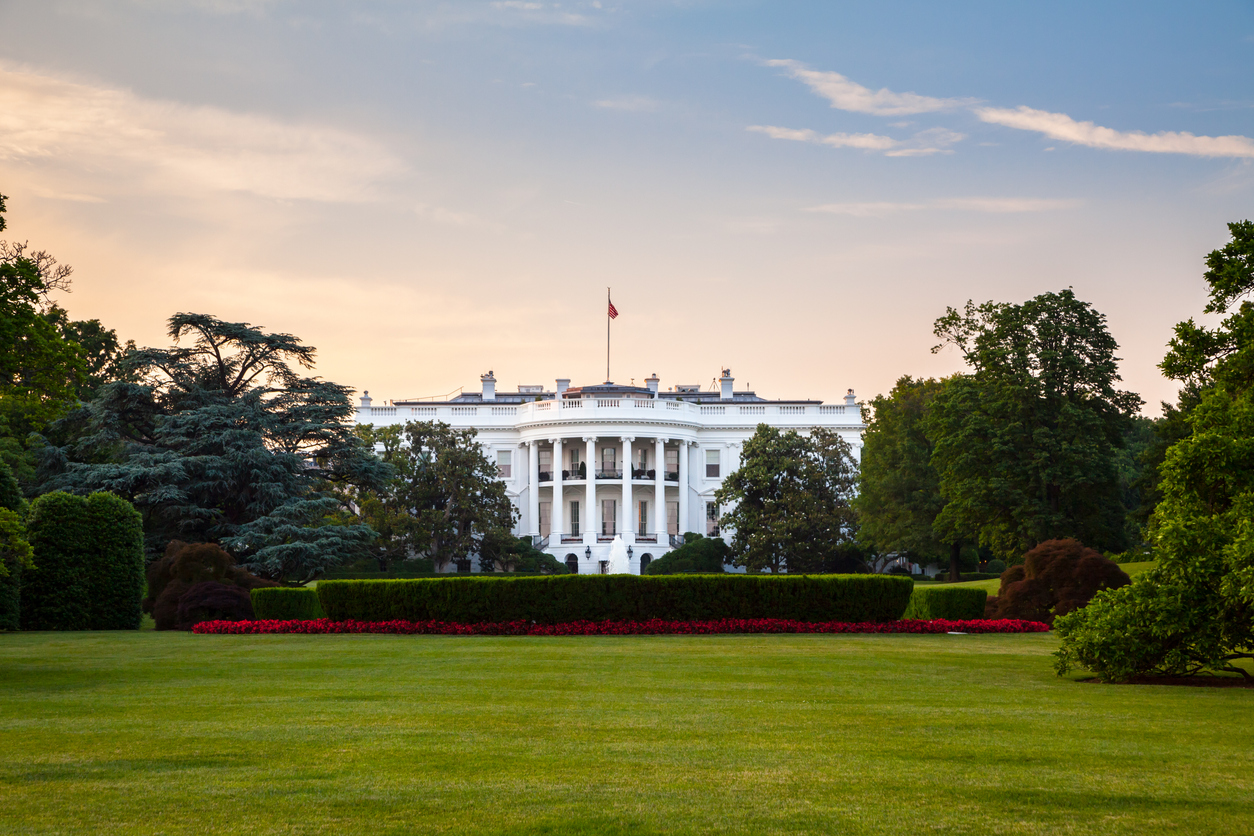The DOJ, along with along with the Attorneys General of 8 states, files a civil antitrust suit in the Eastern District of Virginia against Google for monopolizing the digital advertising market in violation of the Sherman Act.
Timeline on Monopoly Lawsuit Regarding Digital Advertising Market
The Justice Department, along with the Attorneys General of California, Colorado, Connecticut, New Jersey, New York, Rhode Island, Tennessee, and Virginia, is suing Google for violating federal antitrust laws by monopolizing the digital advertising market.
The lawsuit, which accuses Google of a “systematic campaign to seize control” of online advertising, says the tech giant spent billions buying up tools relied on by publishers and advertisers in the digital advertising market. According to the suit, Google forces market participants to use its products – including its monopolistic advertising exchange, AdX – and exploits its dominance to crush new market entrants that might pose a competitive threat. The suit adds that Google abuses its market power to hurt publishers and advertisers who try to use competing advertising products, and that the firm lines its pockets at the expense of advertisers and publishers by routing as many transactions as possible to its own products.
The DOJ says Google’s 2008 purchase of dominant ad server DoubleClick “vaulted Google into a commanding position” in the online ad market, which it entrenched by tying its digital advertising products together, raising switching costs for users, and making further acquisitions. As a result, according to the suit, Google now claims at least thirty cents of every dollar spent on online advertising, increasing costs for advertisers and cutting revenue for publishers.
The DOJ and the States ask the court to break up Google’s online advertising business by ordering Google to divest its Ad Manager suite, including its Doubleclick ad server and AdX ad exchange, and order other structural relief as needed. Additionally, since the DOJ is making monetary claims on behalf of the U.S. government in its capacity as an advertiser, the suit demands a jury trial.
